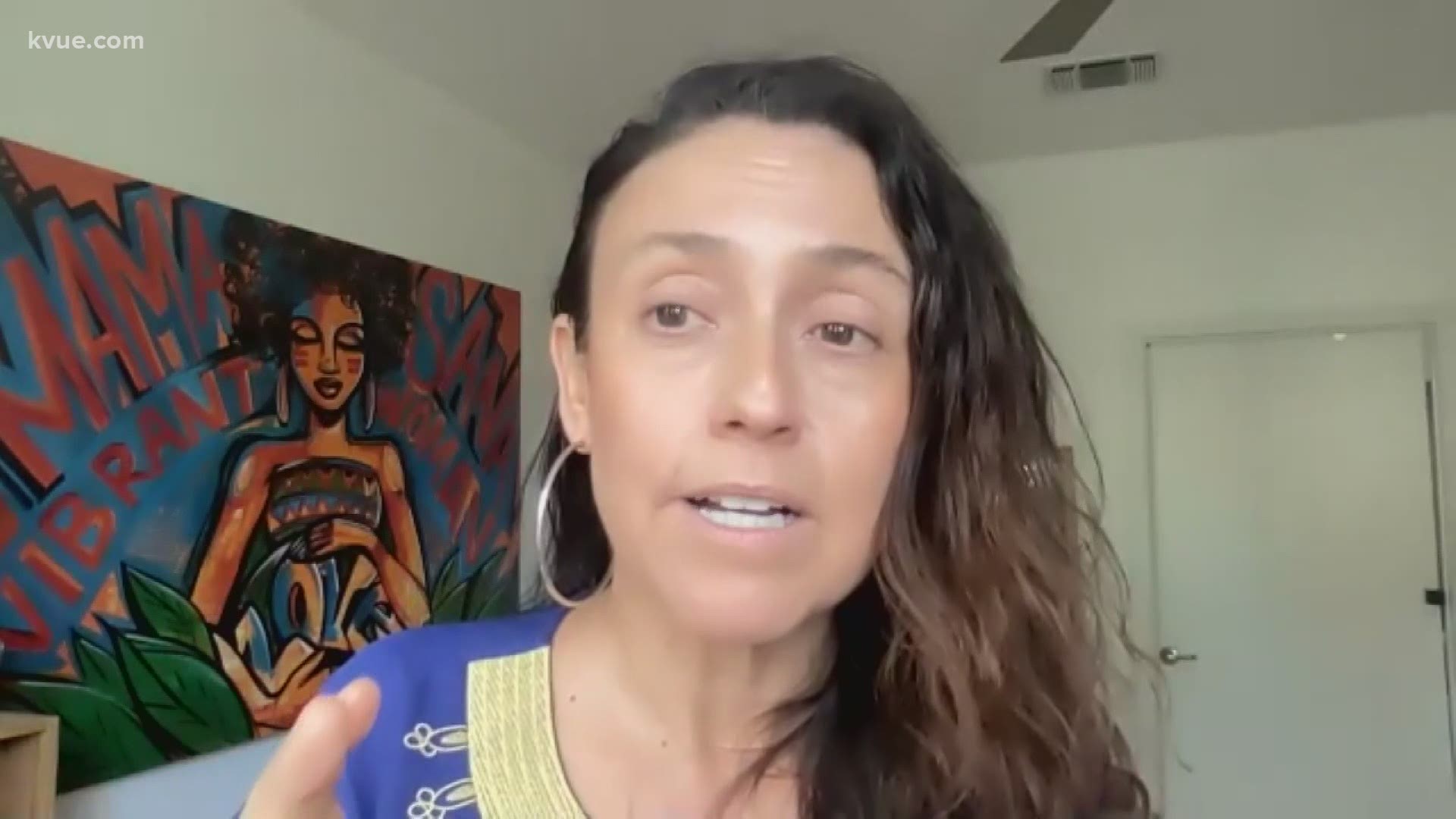AUSTIN, Texas — The City of Austin's police review commission heard feedback on the Austin Police Department's use of force at a town hall event on Wednesday.
The "8 Can't Wait Town Hall" virtual event was hosted by the Community Police Review Commission. The commission is a group of 10 unpaid volunteers who were appointed by the city manager to oversee the police department, make recommendations and listen to the community.
One of the commissioners said the town hall comes at a good time considering recent police shootings in the area. In one case, a 22-year-old man has been charged with two counts of attempted capital murder after an officer was hurt in a shooting on Friday, April 9.
“In the wake of recent officer-involved shootings, the questions about when and how Austin police officers use force have never been more important," said Commissioner Sukyi McMahon in a written statement.
The commission is inviting the public to talk about their experiences in order to get feedback on proposals that aim to "make policing safer for everyone," said Amani Seay, chair of the commission.
The 8 Can't Wait campaign is part of a national movement to reduce police brutality.
On Tuesday, the Reimagining Public Safety Task Force presented its own recommendations on what public safety should look like to Austin City Council.
"If the City follows through with what it said it would do, we would find a way to reduce the need for policing, reduce the power and resources and potential for abuse of power in one City department," Paula Rojas, co-chair of the task force, said.
The recommendations looked at all the money moved away from Austin police and found other ways to spend it on public safety.
Other recommendations looked at how the City could further make changes to APD. Some ideas included creating a Community Health Workers network and hubs throughout the city to help those who need it. Other ideas included phasing out lethal weapons for officers and gradually replacing cadet classes altogether.
"We're talking about developing an alternative kind of work force in Austin of community health workers, especially in a pandemic," Rojas said. "When we realize that, you know, a tiny bit of our City budget goes to public health and yet almost half of the budget goes to policing, had that been reversed when the pandemic hit, can you imagine how much better off we would be?"
PEOPLE ARE ALSO READING:

